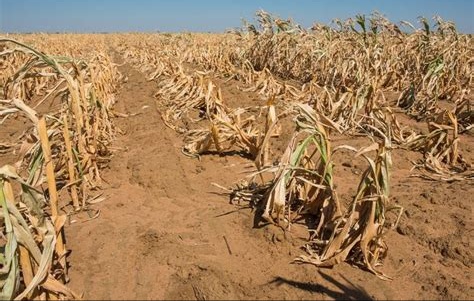By Our Correspondent
The IMF Executive Board has approved funding for Tanzania amounting to $900 million to help the country tackle climate change, while also completing a separate review allowing for the disbursement of $149.4 million for budget support.
In a statement, the IMF commended Tanzanian authorities for their commitment to continue implementing reforms aimed at preserving macro-financial stability, strengthening economic recovery, and promoting sustainable and inclusive growth.
Over the past three years, President Samia Suluhu Hassan’s administration has undertaken significant economic reforms to return the country’s economic growth to the pre-pandemic real GDP growth rate of six to seven percent.
The IMF noted that Tanzania’s economic reform program remained robust, with economic growth rebounding in 2023 after a slowdown in 2022.
The IMF highlighted that the current account deficit in Tanzania is narrowing due to fiscal consolidation, easing commodity prices, and tight external financing conditions.
Despite these positive trends, the IMF warned that economic recovery could face challenges from an unfavourable global economic environment.
Tanzania’s economy, which heavily relies on tourism, mining, agriculture, and manufacturing, has shown resilience in the face of extreme weather events and climate change. This resilience has been largely driven by a surge in the services sector, according to the World Bank.
The Tanzanian government has forecasted economic growth to accelerate to 5.4 percent this year, up from 5.1 percent in 2023. This forecast was announced by Kitila Mkumbo, Minister of State in the President’s Office for Planning and Investment, last week.
The IMF’s approval of substantial funding reflects confidence in Tanzania’s economic reform agenda and its capacity to address climate change challenges while fostering economic growth.
Tanzania is currently experiencing severe weather extremes as a result of a changing climate, increased temperatures, prolonged droughts and erratic rainfall are resulting in significant impacts to public health and livelihoods, with climate projections indicating that the situation is expected to intensify.



